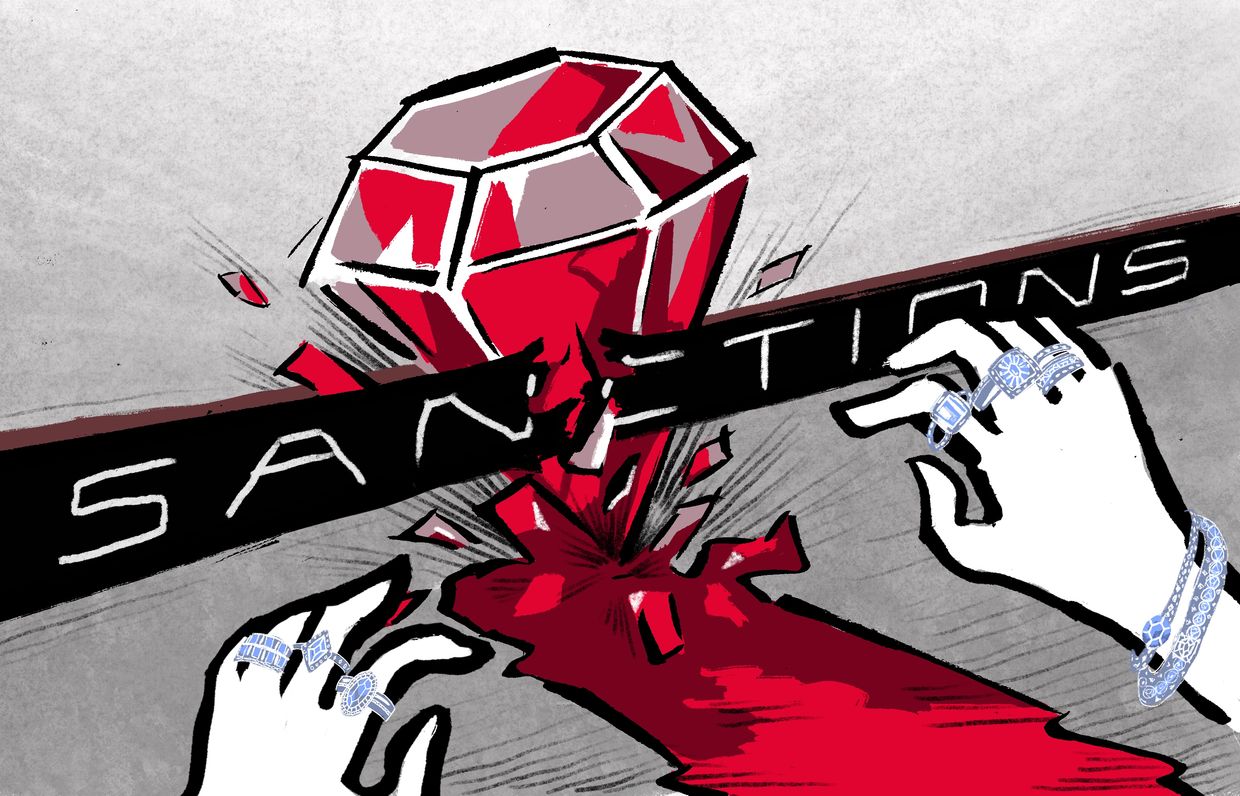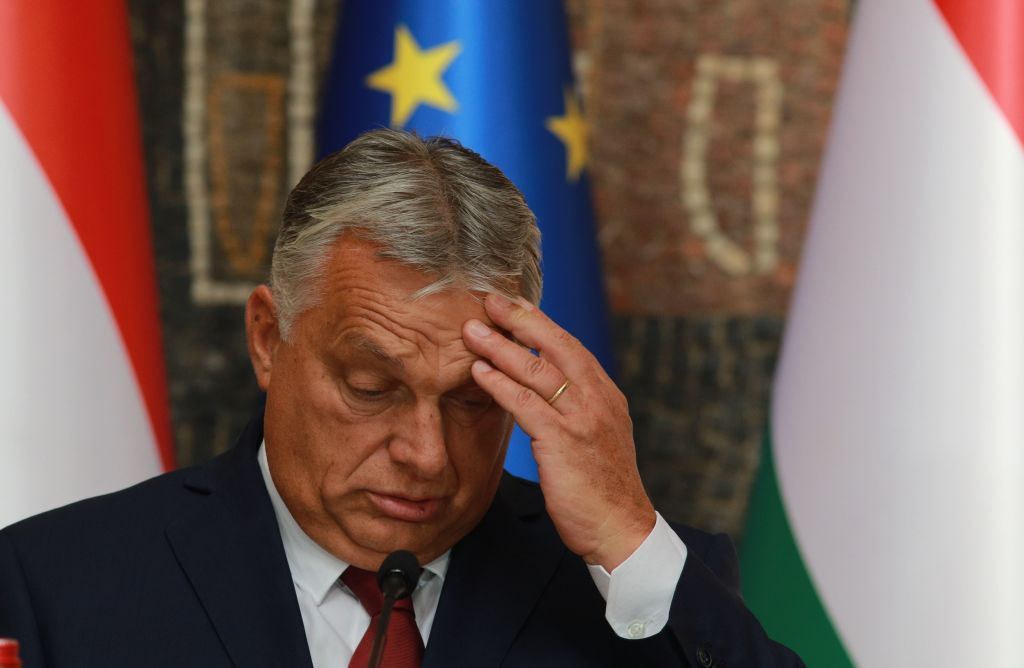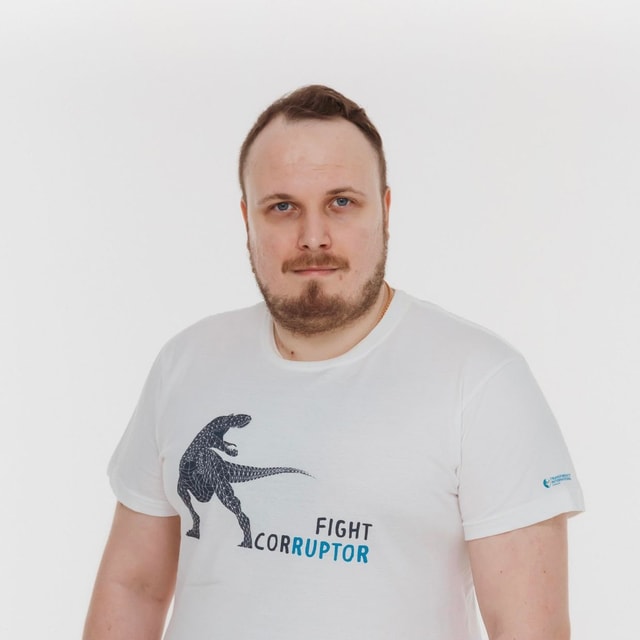Opinion: Are Ukraine's anti-corruption efforts at a standstill?

“Ukraine is the second-most corrupt country in Europe."
"The situation with bribery has been at a standstill.”
“Corruption reform doesn’t work in Ukraine.”
These statements have been repeated at various international forums, by foreign officials, and by the media. But how much truth is there to these statements?
In short, they’re an inaccurate representation of the situation on the ground.
Transparency International Ukraine (TI Ukraine) published its second study on the capacity, management, and interaction of Ukraine’s anti-corruption infrastructure bodies on Oct. 12. It turns out the situation is a lot less dire than is often portrayed.
TI Ukraine’s new report covers the activities of five anti-corruption agencies: the National Anti-Corruption Bureau of Ukraine (NABU), the Specialized Anti-Corruption Prosecutor's Office (SAPO), the High Anti-Corruption Court (HACC), the National Agency on Corruption Prevention (NACP), and the Asset Recovery and Management Agency (ARMA).
Our assessment of their respective independence, transparency, accountability, integrity, resource allocation, and interaction with both each other and key stakeholders showed that they have all improved over the past three years.
As compared to TI Ukraine’s first study, which covered the period from 2015-2020, anti-corruption authorities improved their average overall score by 0.5 points, from 3.4 to 3.9 out of 5.
While ARMA trailed behind with 3.4 points, HACC came out on top with a score of 4.6. Meanwhile, NABU’s score increased the most – from 3.6 to 4.3 points. NACP and SAPO experienced a more gradual improvement, with an increase from 3.3 to 3.7 points and 3.3 to 3.5 points, respectively.

During this period, NABU’s legal status was clarified in order to comply with the principle of “checks and balances” between the various branches of Ukraine’s government. Meanwhile, a case management system was introduced at NACP.
Ukraine’s High Council of Justice resumed operation with a re-shuffled composition, and no cases of deliberate interference in the activities of HACC judges have been recorded (which was the case before).
Legislative restrictions on the remuneration of anti-corruption body representatives, imposed after the outbreak of the COVID-19 pandemic, have also been lifted. Competitions were also held for the heads of NABU, ARMA, and SAPO.
These achievements were made possible thanks to the real and effective cooperation of civil society, government authorities, and international partners, which first began in earnest after the Revolution of Dignity in 2014.

In just under 10 years, they have managed to turn Ukraine’s previously ineffective anti-corruption system into a force to be reckoned with. TI Ukraine’s research shows that, unlike before when such efforts were taken only by Ukraine’s Security Service, the unreformed police, and the prosecution.
That being said, our research provides 85 recommendations, 25 of which we believe are of top priority, across the five mentioned anti-corruption institutions to significantly improve their work. These recommendations are also echoed in those of Ukraine’s international partners, including Washington.
Ukraine’s civil society and its international partners share the vision for the anti-corruption system’s transformation – the ball is now in the government’s court.
As a country, we have no choice but to listen to these united voices and make every possible effort to implement the steps needed to strengthen the anti-corruption ecosystem. The past nine years have shown that the resilience of a state’s anti-corruption bodies is the basis of a strong state, and this is especially the case amid war.
It’s important to note that media headlines on corruption can create a different impression altogether, painting a picture of rampant bribery against the backdrop of war, but these headlines do not accurately convey the anti-corruption efforts at play.
According to the Corruption Perceptions Index (CPI), Ukraine has shown some of the best progress over the past 10 years. While our score may be far from the European Union average, this index reflects the overall perception of corruption, and not necessarily the actual degree of it.
Still, we must appreciate the work that has already been done, and continue to work to give Ukrainians a functional and effective anti-corruption ecosystem after our victory in the war.
Editor's Note: The opinions expressed in the op-ed section are those of the authors and do not purport to reflect the views of the Kyiv Independent.












